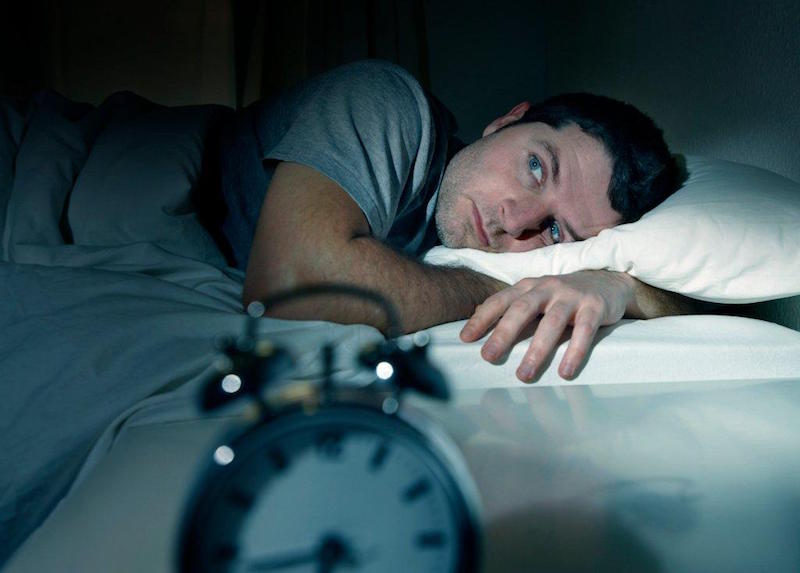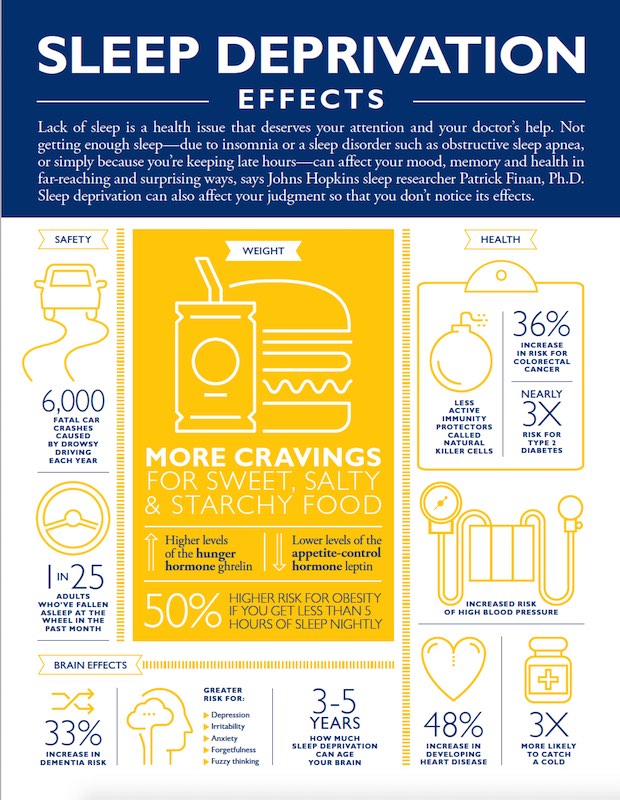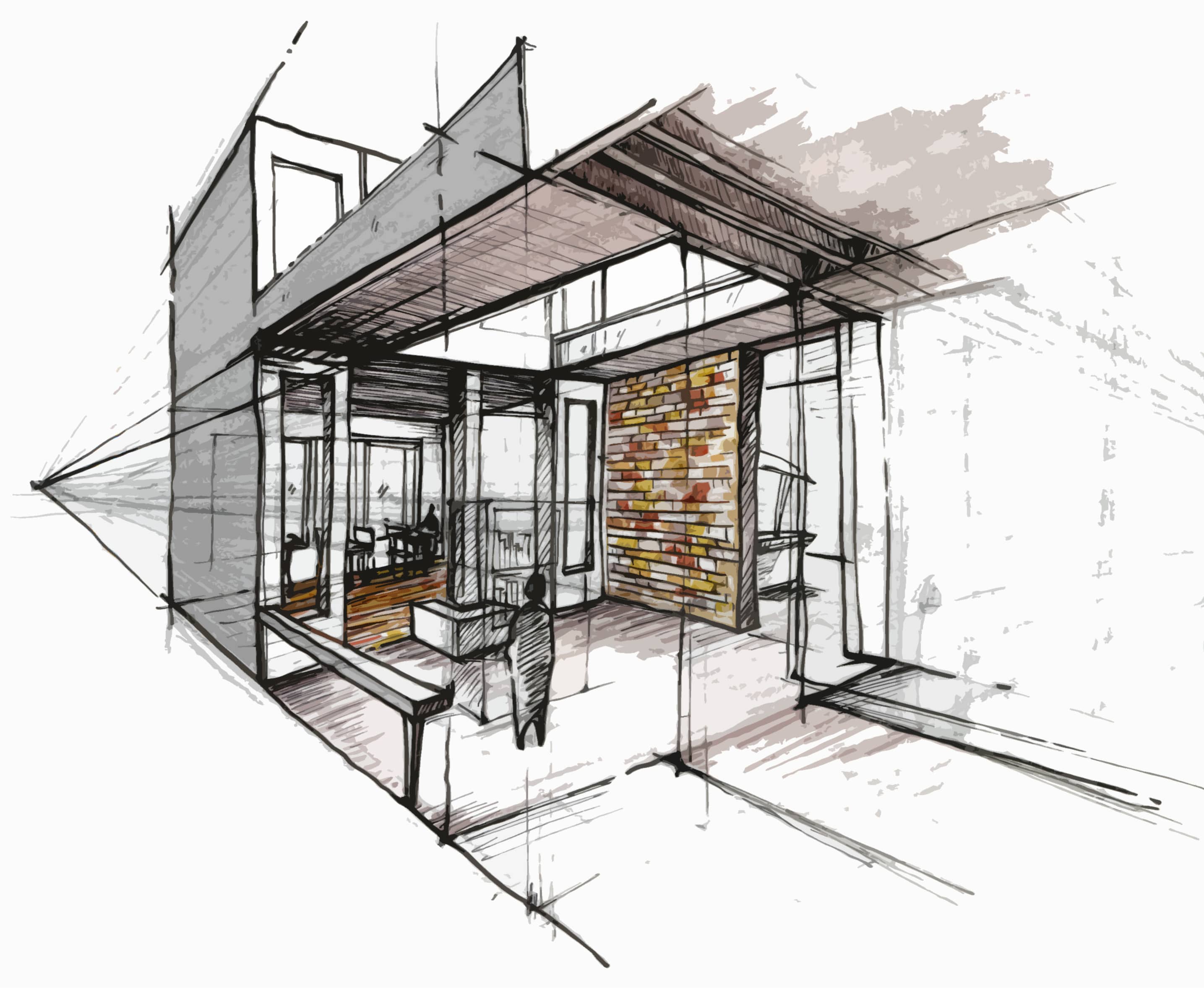How Is Sleep Deprivation Affecting Your Everyday Life?
Interior Design & Decor5 minutes read
3762 views
3762 views
(Guest Writer: Stacey Morgan)
(This is a republished version of the article originally posted on Mattress-Guides.net.)
While it may not sound too serious, sleep deprivation is currently affecting a large percent of the world’s population. For instance, according to the CDC, over 35% of the adults in the US don’t get enough sleep. Now, depending on the work culture (countries like Japan are famous for their tired employees) and the level of general health, the numbers will be different from one country to another.
Still, the outcome is the same: we live in an era where sleep deprivation affects more people than ever!
Whether it’s voluntary (postponing sleep for work or other activities) or it’s due to a physical or mental problem, sleep deprivation has a powerful influence on the way your body and mind work.

Why Do We Need Sleep?
There are many people who wrongly believe sleep is a waste of time. However, scientific studies found that sleep has crucial importance for our well-being and general state of mind.
As such, here are some of the scientifically proven benefits of a good night’s sleep:
- Improved focus capacity
- Sharper mind & better memory
- Better decision-making processes
- Improved quality of life
- Lower levels of inflammatory proteins (sleep disturbance is associated with inflammatory diseases)
- Creativity boost
- Tissue regeneration (especially for athletes and people who work with their muscles a lot)
- Enhanced performance in school and/or at work
- Maintain a healthy weight
- Lower levels of stress and anxiety
- Lower risk of depression
As you can see, a good night’s sleep is at the very base of a healthy and happy life, and it’s something we all can do (unless there’s a mental or physical condition involved).
How Does Sleep Deprivation Affect your Body & Mind?
Now that we know how sleep helps us get better, let’s see how different stages of lack of sleep influence bodies and minds.
Mild Sleep Deprivation
In this stage, the lack of sleep is not something that happens on a daily basis, but you may be going through a stressful period when it’s difficult to follow with your regular schedule. As such, the first effects you’ll notice are drowsiness, a drop in mental sharpness and focus, and an overall lowering of your productivity.
Sleep deprivation also affects your general mood making your cranky and irritable. This can affect your work and personal relationships as it will be difficult to be compassionate and relate to other people’s feelings.
You’ll also see a change in your skin’s tone and texture, the muscles will feel fatigued, and your eyes may start to present with redness and swelling. Not to mention that dark circles under the eyes are a common side effect.
Finally, lack of sleep leads to an increase in hunger and stronger cravings for unhealthy foods and sweet drinks. In time, this leads to weight gain, lower sex drive, and decreased immunity.
Severe Sleep Deprivation
If the situation gets more serious and you don’t get enough sleep for longer periods of time, the risks increase exponentially.
For instance, scientific studies warn us about higher risks of heart diseases (lack of sleep increases blood pressure), three times higher risk of developing type 1 diabetes, higher risk of depression, obesity, various mental illnesses, and 36% increase in the risk of colorectal cancer.
The list goes on, but we feel we painted the big picture. Sleep deprivation is not something you want to mess with, especially when it’s voluntarily induced. There’s no logical reason behind forcing yourself to stay away in order to get more work done (at the office or at home), so make sure to put your health first!
Effects of Sleep Deprivation on your Brain
The brain doesn’t sleep per se, but it needs this daily break from regular activities in order to put things in order. As such, when you sleep, the brain goes through a series of well-designed processes the promote waste disposal, tissue repair, and memory enhancement.
Without the right amount or quality of sleep, the brain’s cognitive processes don’t work as smooth as usual. This impairs decision making, reasoning, concentration, and problem-solving. But the sleep-deprived brain is at risk of more than just being dumbed down!
There is the risk of developing various neurological and psychiatric disorders such as schizophrenia, Alzheimer disease, anxiety and addiction disorders, and more.
Connections with Depression
While there hasn’t been (yet) established a clear connection between chronic sleep deprivation and depression, there are studies that showed people with low sleep quality exhibit symptoms of depression and anxiety. Moreover, sleep disorders such as insomnia and sleep apnea have a strong link to depressive states. And, when you combine depressive states and sleep disorders, you get a dangerous vicious circle, as they feed off each other without proper treatment.
Connection Between Sleep Deprivation and Accidents
Believe it or not, some of the biggest disasters in our history were caused by sleep deprivation!
For instance, the nuclear accident at Three Mile Island in 1979 could have been avoided if people who were working on the project not sleep deprived. The same happened with the nuclear meltdown at Chernobyl or the Exxon Valdez oil spill. While it’s not just a chronic lack of sleep that led to these disasters, the mistakes piled up and the outcome had to be supported by the entire world.
Overworked people are more prone to mistakes and less efficient in an emergency. As such, sleep deprivation can be a public threat! According to the National Highway Traffic Safety Administration, drowsiness behind the wheel is just as bad as driving drunk. In fact, stats say that tired people cause about 100,000 vehicle accidents in the US per year.

How to Prevent Sleep Deprivation?
The most common reason behind a lack of proper sleep is a busy schedule. Whether it’s a new baby in the family or a new and more demanding job, or you switch from regular employment to entrepreneurship.
Every way you look at it, the world is full of reasons to postpone sleep.
But, due to recent scientific discoveries, we now know the tremendous importance sleep holds in our lives. As such, more and more people are taking the necessary steps to improve the time they spend snoozing in both length and quality.
If you don’t know where to start, here are some of the steps to consider:
- A healthy lifestyle – includes eating right and exercise
- A bedroom organized for sleeping – heavy curtains to block the light, no electronics, the right temperature, and so on.
- A high-quality mattress – this is crucial if you don’t want to wake up sweaty and achy.
- Stress release techniques – Yoga before bedtime, reading a book, and more
- A white noise machine or special apps designed to help you sleep
The good news is that, for most of these steps, you don’t need specialized help or a hefty financial investment. So, while sleep deprivation may occur from time to time, with the right tools, it will be easier to get back on track.

Request for quotes and we'll match you with a selection of Interior Designers!
Previous
Design Essentials For Your Home Office That Will Set You Up For Success


 Sign Up with Google
Sign Up with Google

.jpg)